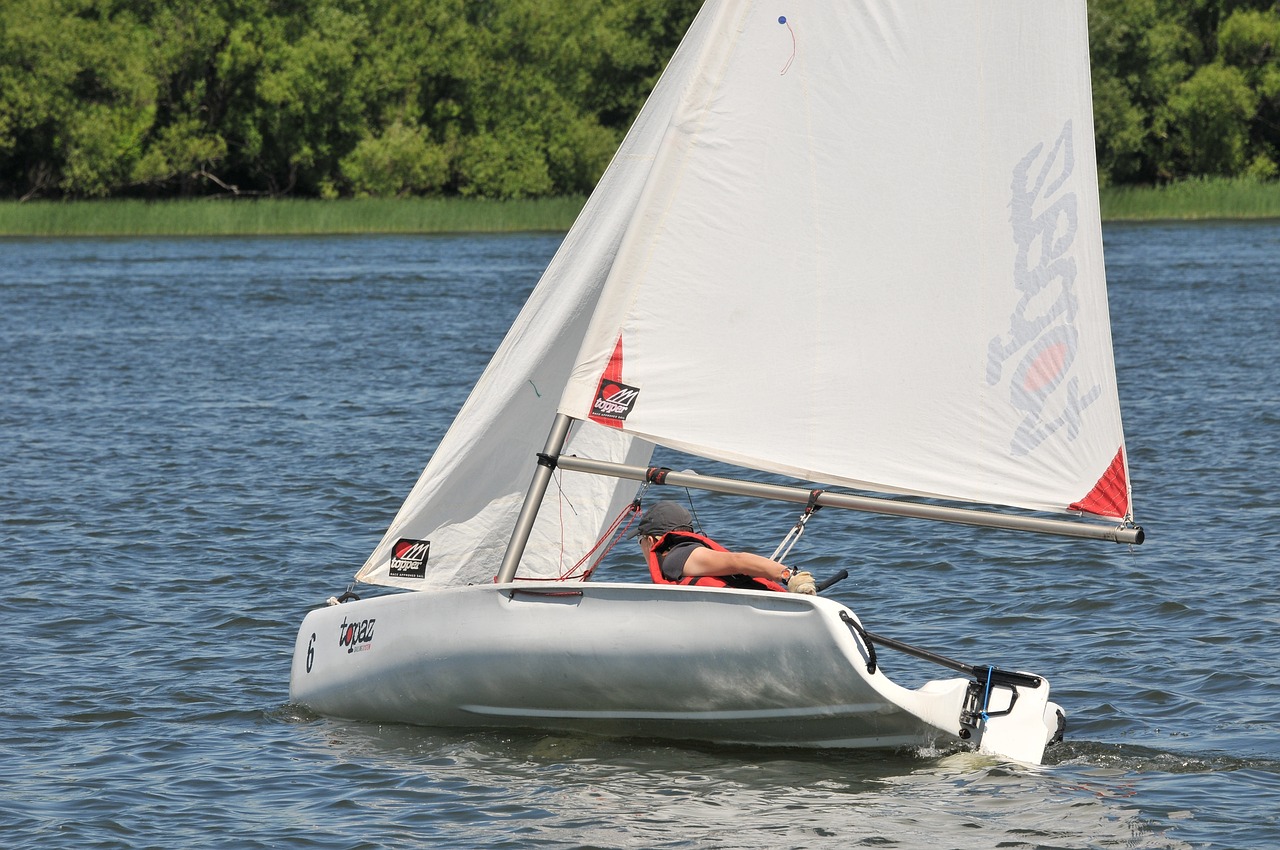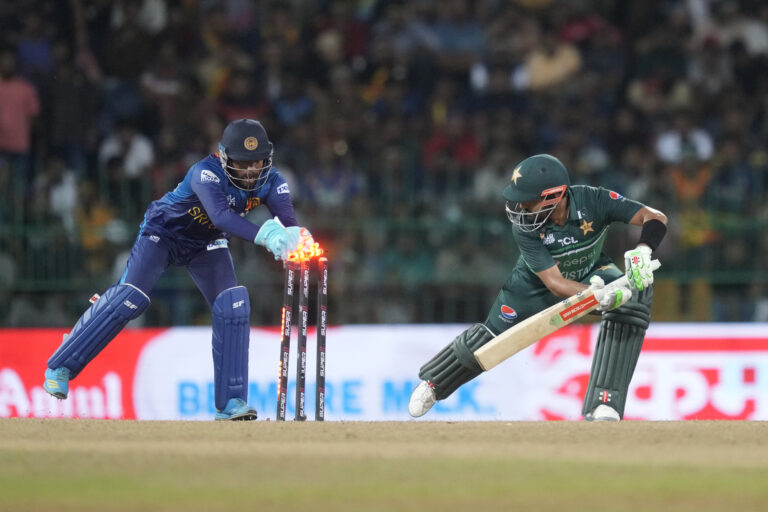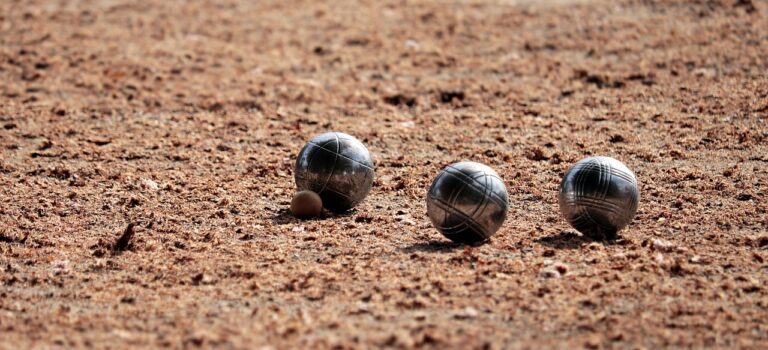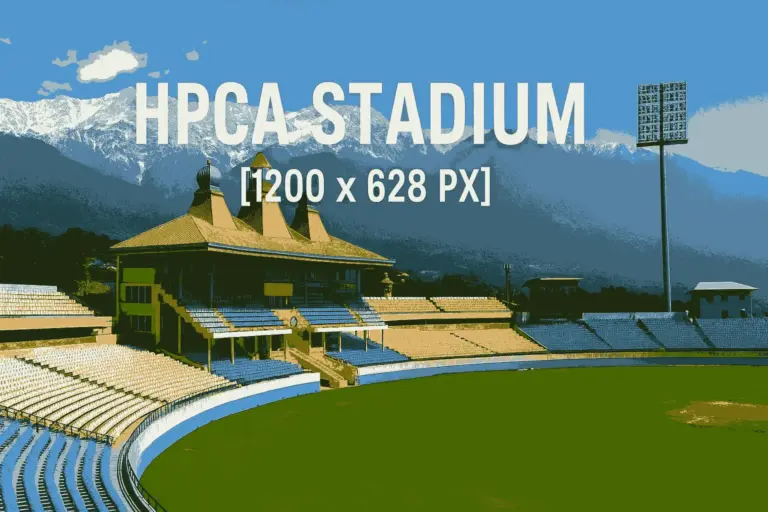Exploring Umpiring Protocols for Dealing with Player Misconduct Off the Field
world777 id, 11xplay, 247 betbook: As an umpire, dealing with player misconduct off the field can be a challenging task. It’s important to have clear protocols in place to address these situations effectively and ensure fair play is maintained. In this article, we will explore umpiring protocols for dealing with player misconduct off the field.
Understanding Player Misconduct
Before diving into the protocols for handling player misconduct off the field, it’s essential to understand what constitutes misconduct. Player misconduct can range from aggressive behavior towards opponents or officials, use of foul language, disrespectful behavior, or any actions that go against the spirit of the game.
Setting Clear Expectations
One of the key aspects of umpiring protocols for dealing with player misconduct off the field is setting clear expectations from the start. Players should be made aware of the code of conduct and the consequences of breaching it. This can help prevent misconduct in the first place and ensure a respectful environment on and off the field.
Communicating Effectively
Communication is key when dealing with player misconduct off the field. Umpires should approach the situation calmly and professionally, explaining the issue at hand and listening to the player’s side of the story. By maintaining an open line of communication, conflicts can be resolved more effectively.
Taking Action
When player misconduct occurs off the field, umpires must be prepared to take appropriate action. This may include issuing warnings, suspending players from games, or even banning players from future matches. It’s important to follow established protocols and remain consistent in decision-making to uphold fairness.
Working with Officials and Administrators
Umpires should work closely with other officials and league administrators when addressing player misconduct off the field. By collaborating with the necessary parties, a unified approach can be taken to resolve the issue and prevent similar incidents in the future.
Reviewing and Evaluating
After handling player misconduct off the field, it’s crucial to review the situation and evaluate the effectiveness of the protocols in place. This can help identify areas for improvement and fine-tune the processes for dealing with such incidents in the future.
FAQs
Q: Can players be penalized for misconduct off the field?
A: Yes, players can face penalties for misconduct off the field, as it still reflects on their behavior and attitude as a player.
Q: How can umpires prevent player misconduct off the field?
A: By setting clear expectations, communicating effectively, and taking swift action when misconduct occurs, umpires can help prevent player misconduct off the field.
Q: What are some common consequences for player misconduct off the field?
A: Consequences for player misconduct off the field may include warnings, suspensions, fines, or even bans from future matches, depending on the severity of the misconduct.
In conclusion, exploring umpiring protocols for dealing with player misconduct off the field is essential for maintaining fair play and sportsmanship. By following clear guidelines, communicating effectively, and taking appropriate action, umpires can uphold the integrity of the game and ensure a positive environment for all players involved.







